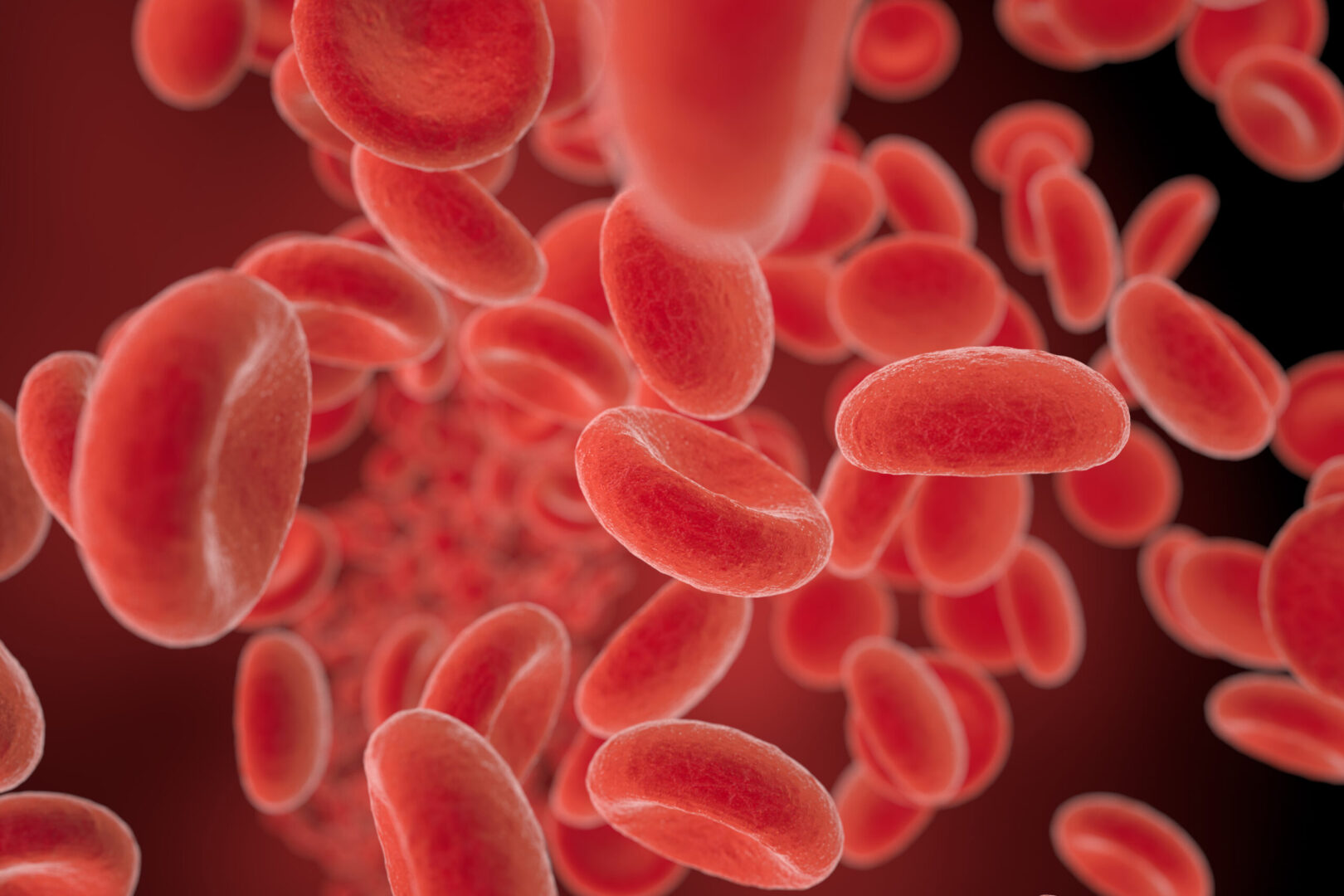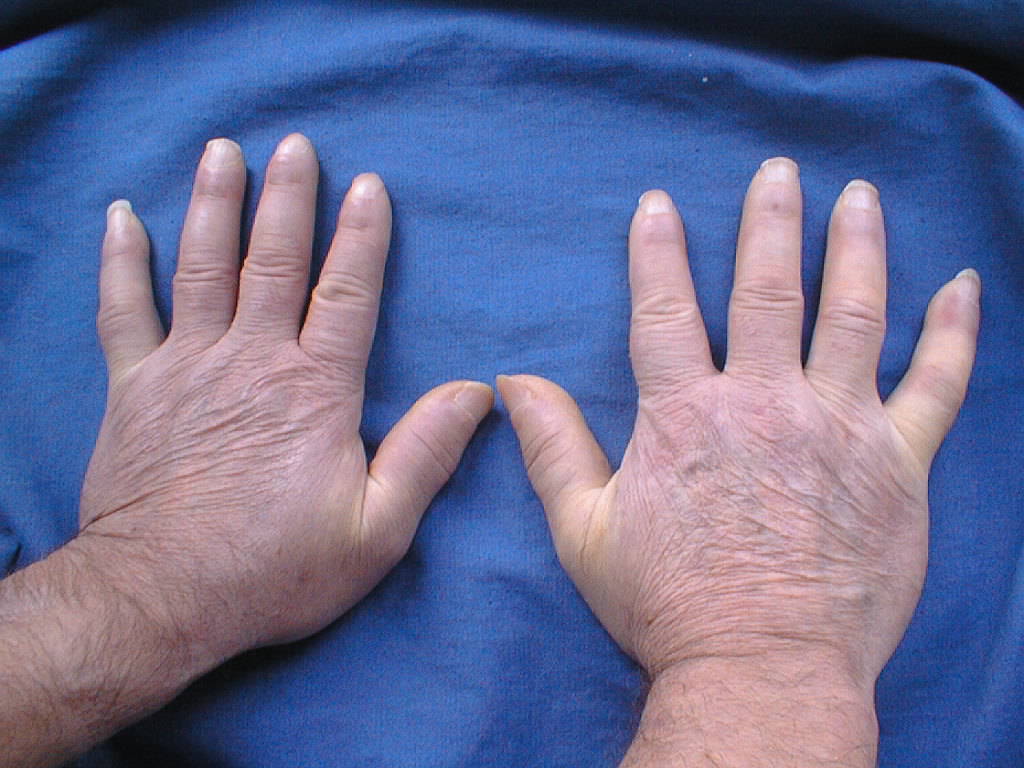Learning objectives
- Describe the mechanism of action of succinylcholine
- Describe the side effects of succinylcholine
- Prevent and manage succinylcholine-induce myalgias
Background
- Succinylcholine is a depolarizing neuromuscular blocking agent
- It is considered the standard drug for rapid sequence intubation
Mechanisms
- Acts as an acetylcholine receptor agonist
- Not metabolized by acetylcholinesterase, leading to persistent depolarization of the muscle fibers
- Effect: Desensitization of motor endplate to acetylcholine resulting in paralysis
Adverse effects
- Paralysis of the diaphragm
- Arrhythmias
- Autonomic symptoms
- Hypotension
- Flushing
- Tachycardia
- Hyperkalemia
- Muscle fasciculation
- Jaw rigidity
- Apnea
- Bradycardia
- Increased intraocular pressure
- Excessive salivation
- Hypersensitivity reactions
- Malignant hyperthermia
- Myoglobinuria/myoglobinemia
- Myalgia
- Myalgia has a high incidence (50-90%) and may last for several days, inducing significant discomfort
Protective factors
- Children
- Age >50
- Female
- Pregnancy
- Better muscular fitness
Risk factors
- Minor procedures
- Early ambulation
Prevention
- Avoid succinylcholine use
- Use a higher dose of succinylcholine (1.5 mg/kg causes less myalgias than 1 mg/kg)
- Low-dose nondepolarizing muscle relaxants (e.g., 0.04 mg/kg rocuronium 2 min before succinylcholine), use cautiously (risk of potentially serious side effects)
- Lidocaine (1.5 mg/kg just before succinylcholine)
- Magnesium
- Non-steroidal anti-inflammatory drugs (e.g., 75 mg diclofenac 20 min before surgery)
Management
- Postoperative muscle stretching exercises
- High-dose vitamin C
Suggested reading
- Gulenay M, Mathai JK. Depolarizing Neuromuscular Blocking Drugs. [Updated 2022 Nov 17]. In: StatPearls [Internet]. Treasure Island (FL): StatPearls Publishing; 2022 Jan-. Available from: https://www.ncbi.nlm.nih.gov/books/NBK532996/
- Schreiber JU, Lysakowski C, Fuchs-Buder T, Tramèr MR. Prevention of succinylcholine-induced fasciculation and myalgia: a meta-analysis of randomized trials. Anesthesiology. 2005;103(4):877-884.
We would love to hear from you. If you should detect any errors, email us customerservice@nysora.com







